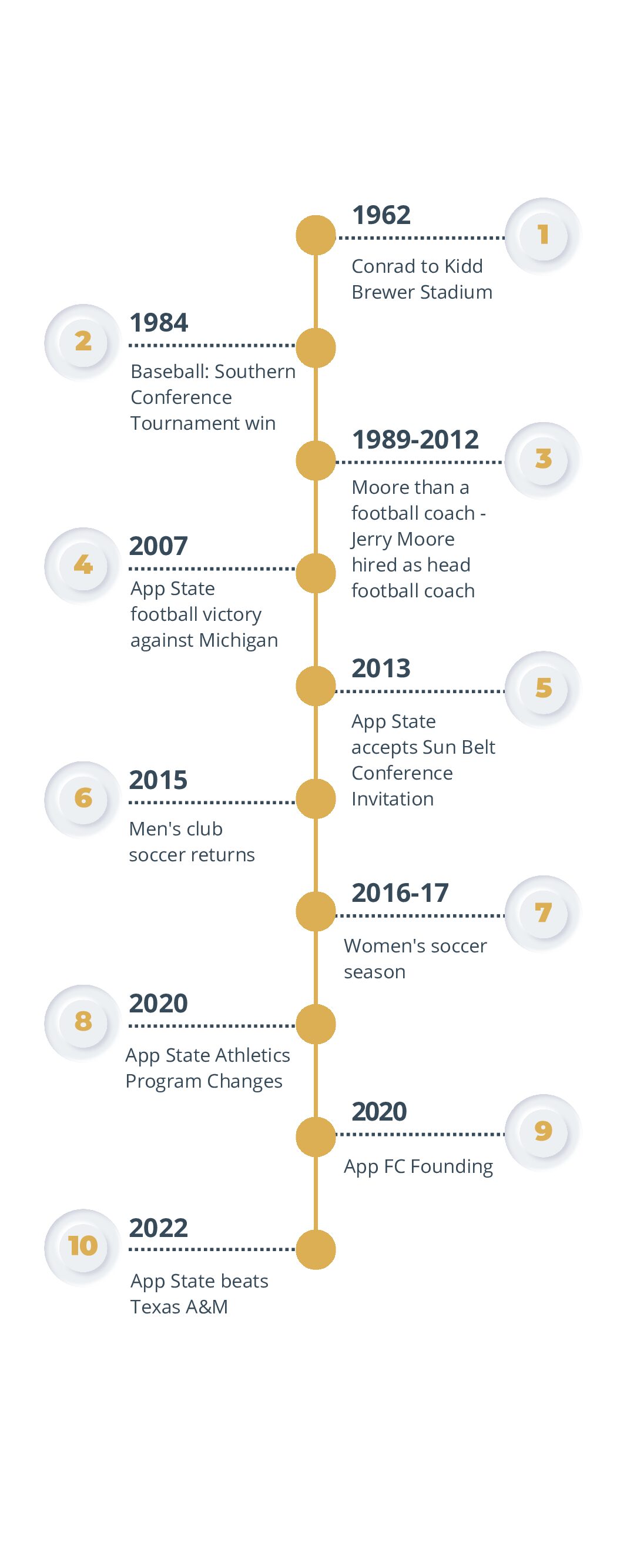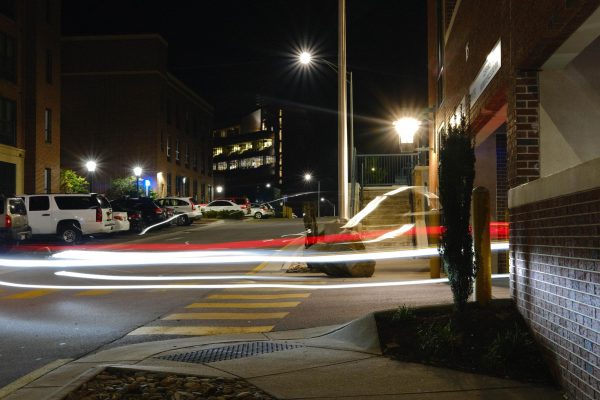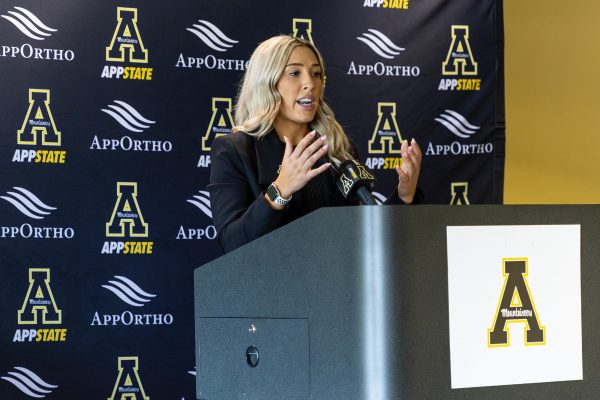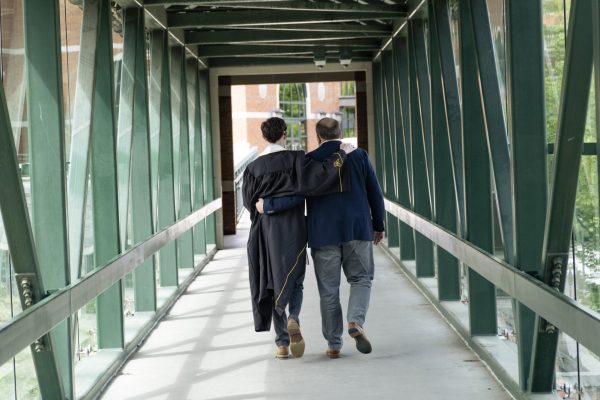The recent celebrity hacking scandal combines two prominent elements of society, celebrity culture and technology, in a way that reveals a great deal about the evolution of privacy.
While many people understand the violation of privacy that has taken place, there is nonetheless a fascination with the leaked images.
It is this type of contradiction that presents a great dilemma about privacy rights in our generation.
Under the law, privacy rights are linked to social expectations of privacy. The Supreme Court established in the 1967 case Katz v. United States that a reasonable expectation of privacy is one which the larger society recognizes as such.
The combination of social media and the level of self-disclosure it requires and the broad cultural fascination with the lives of celebrities goes a long way toward eroding expectations of privacy.
In the case of the hacked celebrity photographs and videos, it can be argued that the impact is trivial since they are only celebrities and the disclosures will not really harm them.
That is true enough, but what ultimately suffers is our wider idea of privacy. We live in, and in large part support, an increasingly voyeuristic celebrity culture that enjoys having access to the intimate details of celebrity lives.
Also, we use social media that requires a great deal of disclosure to use the media for its intended purposes of connecting with old and new friends, communicating with others and networking.
All of this becomes critical when it affects our civil liberties. As the Washington Post reported, the NSA has been collecting the data of ordinary citizens’ Internet usage for some time now.
Naturally, this issue has raised quite a bit of concern about privacy rights.
However, how convincingly can Americans argue for their privacy rights while they simultaneously support this type of celebrity culture and use social media with the level of disclosure that they often do?
Of course, the right to privacy does deserve protection, but a number of these cultural and technological factors do undermine or at least alter the nature of privacy.
The type of concerns that insecure privacy rights spawn pose problems for a democratic society.
Following NSA revelations in 2013, many writers in the United States reported that they had censored themselves as a result of NSA activity, according to PEN America.
Although the subject does require more research, an August 2014 study by an MIT researcher indicated that Americans were censoring their own web searches in response to surveillance revelations.
This is likely a problem we will be facing for sometime, and it will take some effort on the part of Americans to ensure their privacy rights are secure. It is an effort that is well worth making because of the importance of privacy to our democratic society.
Griffin, a junior journalism major from Madison, is an opinion writer.












